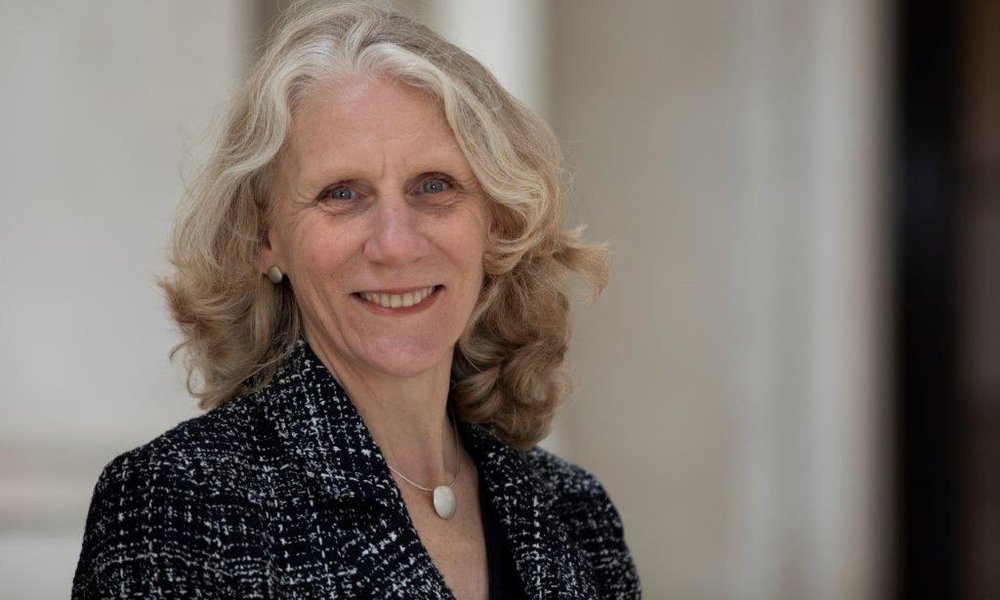News
British Academy urges government not to be 'place-blind' when it comes to policy-making
1 Mar 2017
The British Academy has today announced the findings of Where We Live Now, a major project seeking to understand how people feel about the places in which they live, and what this means for creating policies that will improve people’s lives.
Following an 18-month project, the British Academy is urging the government not to forget about what people value about the places in which they live and work, when creating policies designed to boost growth and improve communities.
As part of this landmark project, the British Academy carefully examined what makes a place special; how where we live impacts our health and wellbeing and how can we use local knowledge to increase local productivity. At a time when many decisions are being devolved to cities and regions, the British Academy aimed to understand these questions and how they relate to people’s attachment to places – be it a street, village, town, city, county or country.
Where We Live Now took the British Academy around England and Wales to gather opinions on how we can use how people feel about the places they live and work, to create and manage new policies.
Roundtable workshops were held in Manchester, Truro, Cardiff and London with representatives from central and local Government, the NHS, business and infrastructure bodies such as Local Enterprise Partnerships, academic institutions, local voluntary sector groups, national bodies, including the National Trust, Historic England, the Campaign to Protect Rural England, as well as locally based-businesses.
The findings released today explore how we can use this knowledge to create policies that will genuinely improve people’s lives. Some of the main findings are
- redefining productivity so that wellbeing has greater prominence, for example aiming to improve quality of life through access to nature and culture
- ensuring that further city and devolution deals respond to local conditions and are not formulaic growth plans – ‘place’ should be at the heart
- revitalising the planning system and local consultation practices to better understand the real nature of a place, and providing a meaningful engagement process for communities,
- considering existing architecture and local history when designing new infrastructure, recognising that the physical shape of a place matters as much to people as its services.
To coincide with the launch of these findings, the British Academy has published a policy document accompanied by a collection of essays, case studies and artwork exploring the way place, from our streets to our cinemas, affects our lives. The contributions look at a range of subjects from poetry and art to segregation, social media and mental health, drawing on the expertise of British Academy Fellows, research award holders and others.
Dame Fiona Reynolds, Honorary Fellow of the British Academy, Master of Emmanuel College, Cambridge, and co-chair of the British Academy’s Where We Live Now project said:
“Place matters to us all, yet too often our policies are place-blind. This British Academy exercise helps us see how we can do better for people if we take their concerns about place seriously. The findings of our report demonstrate the enormous value of humanities and social sciences research. Drawing on the intellectual resources of the British Academy, this work puts a spotlight on the disciplines – geography, history, anthropology, literature and the arts, politics and psychology to name but a few - which can help us to make better policy decisions.”
Deborah Lamb, Deputy Chief Executive, Historic England, and co-chair of the British Academy’s Where We Live Now project said:
“Improving wellbeing and placemaking go hand-in-hand. In order to boost local growth, we must put the needs of local people front and centre of policy making decisions; this will improve productivity and the connection of people to the places where they live. Place making is key to the government’s industrial strategy. As we seek to grow the economy across the regions, we must ensure the views of people and designing services specific to certain places is embedded in our policy making process.
Contact the press office
For further information contact the Press Office on [email protected] / 07500 010 432.

